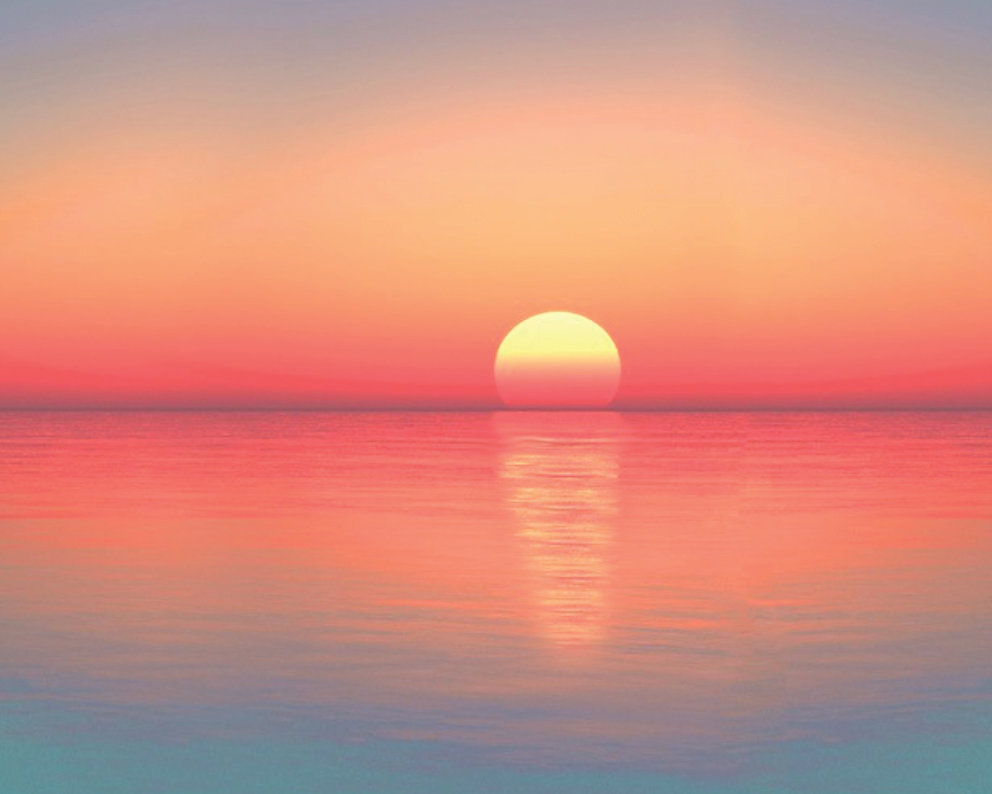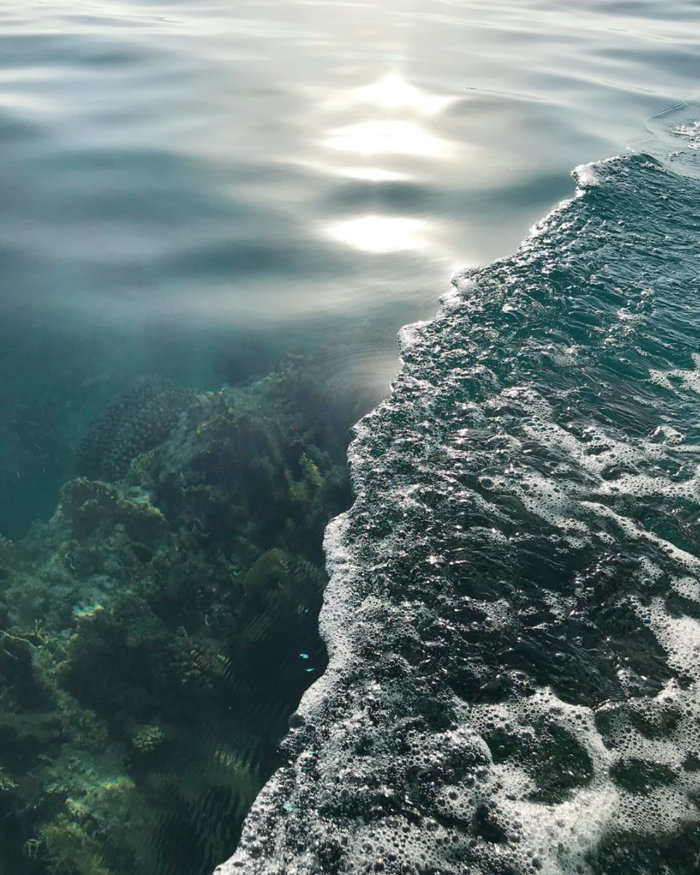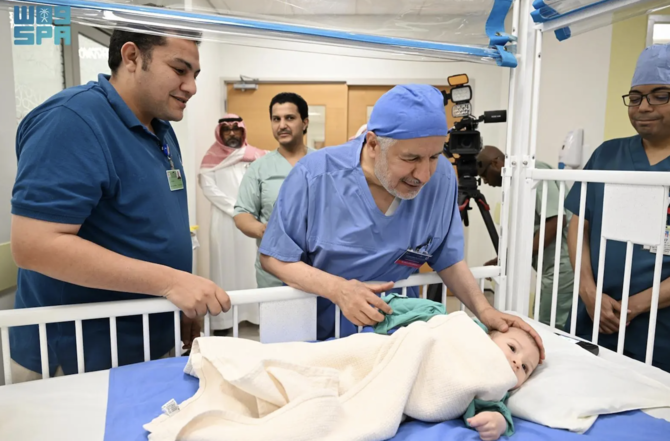JEDDAH: With serene white sands, deep blue waters and hidden coral reefs, one Saudi Arabian governorate on the Red Sea coast has become this summer’s hottest destination.
The hidden gem of Umluj gained wide recognition as a tourist destination when domestic travel became highly recommended due to the continued suspension of international flights. Visitors never imagined the Kingdom was home to such a unique destination, boasting both beaches and mountains.
Khalid Khayat, owner of the Royal Tours camp at Umluj, said that the area had actually been known for a long time as one of the best beaches in Saudi Arabia, but it was only when Crown Prince Mohammed bin Salman visited and announced the Red Sea Project that it gained global recognition.
“There are 99 islands with beautiful sandy beaches. People call it the Saudi Maldives,” Khayat told Arab News.

Captivating sunset at Umluj. (Social media photo)
“When the crown prince announced the initiation of the Red Sea Project in 2017 and developed the construction plan in Umluj, the world discovered the name and the site,” he said.
What distinguishes Umluj from other beaches in the Kingdom is its variety of coral reefs, which make it a must-see for divers.
“You rarely find reefs in such a variety of colors, shapes and sizes like those at Umluj. Honestly, it’s like diving into paradise,” said Khayat.
Umluj is also an ideal destination for hikers and mountain climbers.
“Less than an hour’s drive outside of the city, you have mountains, where you can go hiking or sightseeing. With volcanos to the east and beaches to the west, Umluj boasts a combination of natural features that is rarely found elsewhere,” Khayat added.
Umluj is like a mesmerizing painting. Its over 100, picturesque islands, with their palm trees, soft white sand, crystal clear waters, and abundant, diverse marine life, are a photographer’s dream — and it’s right in our backyard. The islands have kindled my enthusiasm as a photographer and a nature lover and moved me to pack my bags and head to the heart of this enchanting place to discover its beauty for myself. I also want to have a hand in promoting local tourism through beautiful images.
Huda Bashatah, Arab News photographer
Aalia Fathima, 29, who is currently visiting Umluj with her husband, said: “We have been looking for different places in Saudi Arabia to visit on the Eid holiday, and we came across Umluj. I could hardly hide how excited I was to see the location! The sand is as soft as cotton, and the water is crystal clear.”
She added: “There are so many species of crab and beautiful shells that dot the beaches. We enjoyed it greatly.”
In addition to being enchanted by the site’s natural beauty, Fathima was impressed by the kindness of the local people.
“Being here, away from the sounds of the big city, was lovely,” she said.
Khayat said that ever since the announcement of the Red Sea Project, the number of visitors to Ulmuj has increased from hundreds to a thousand per week. Royal Tours receive 40 to 45 guests a day.

Umluj boasts of a variety of coral reefs, which make it a must-see for divers. (Social media photo)
He said the number of international visitors sometimes exceeds the number of Saudi visitors, with some traveling from the other end of the world only to visit the volcano sites at Umluj.
“I received people about nine months ago who had come all the way from New York to Jeddah airport. They waited a few hours and took a flight to Yanbu, then drove all the way to Umluj just to see the volcanos. One was a lady from the US who had never been to Saudi Arabia before. She got a tourist visa just to come to Umluj,” Khayat said.
Paris Verra, 25 and from the US, has been a resident in Saudi Arabia for almost two years and has been to Umluj twice.
“I kept seeing photos of Umluj and hearing people say it looked like the Maldives. I was so curious to see what it looked like in person. I knew a few friends who were going there, so at the last minute I decided to go, and I couldn’t believe that this water was in Saudi Arabia,” she said.
“I am surprised at how untouched this place is. I have traveled the world, and it is very difficult to find somewhere that is so pristine and that has not been damaged. Umluj had the most beautiful reefs I had ever seen,” she added, joking that if she could live in Umluj, she would.


























